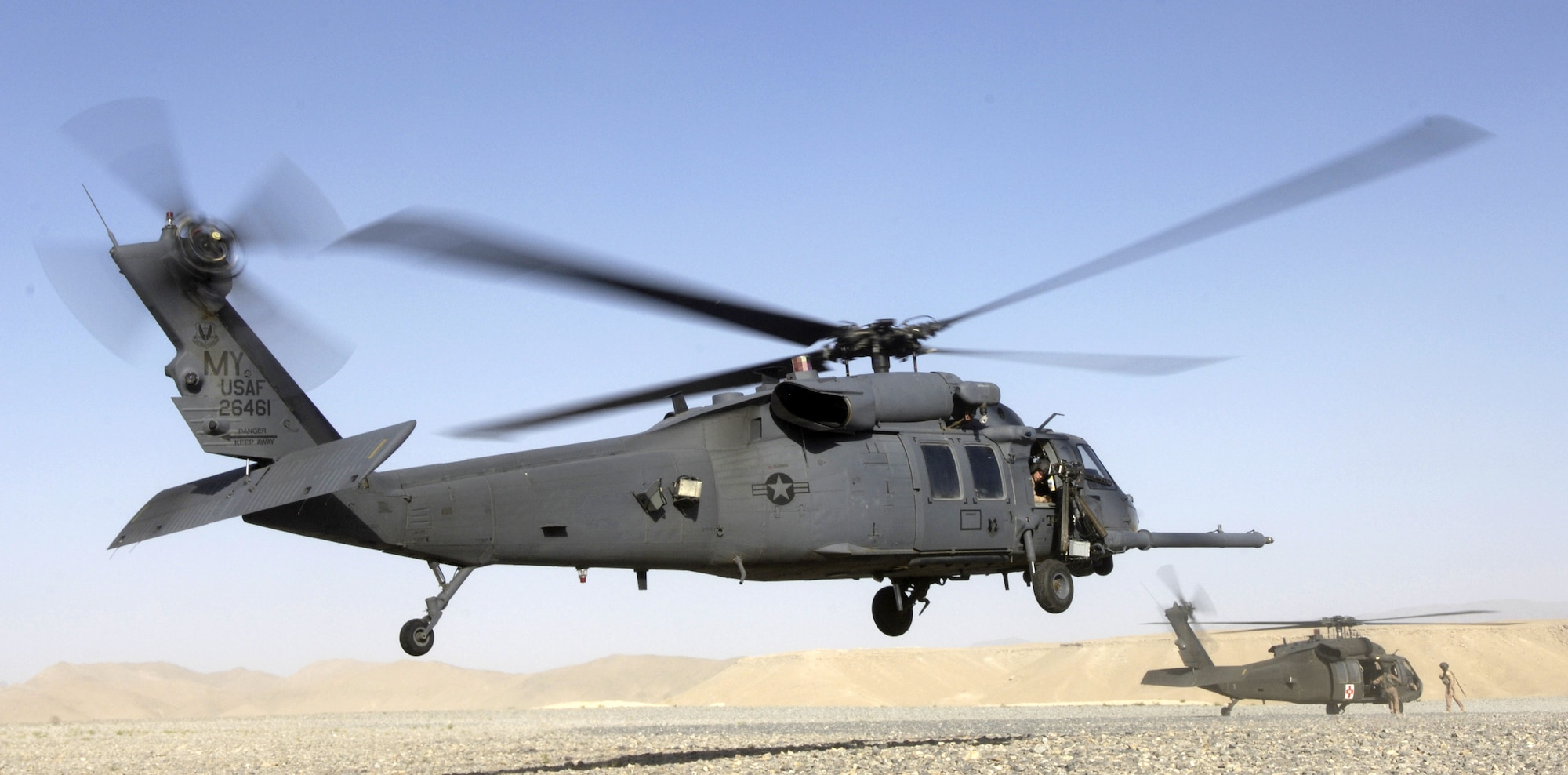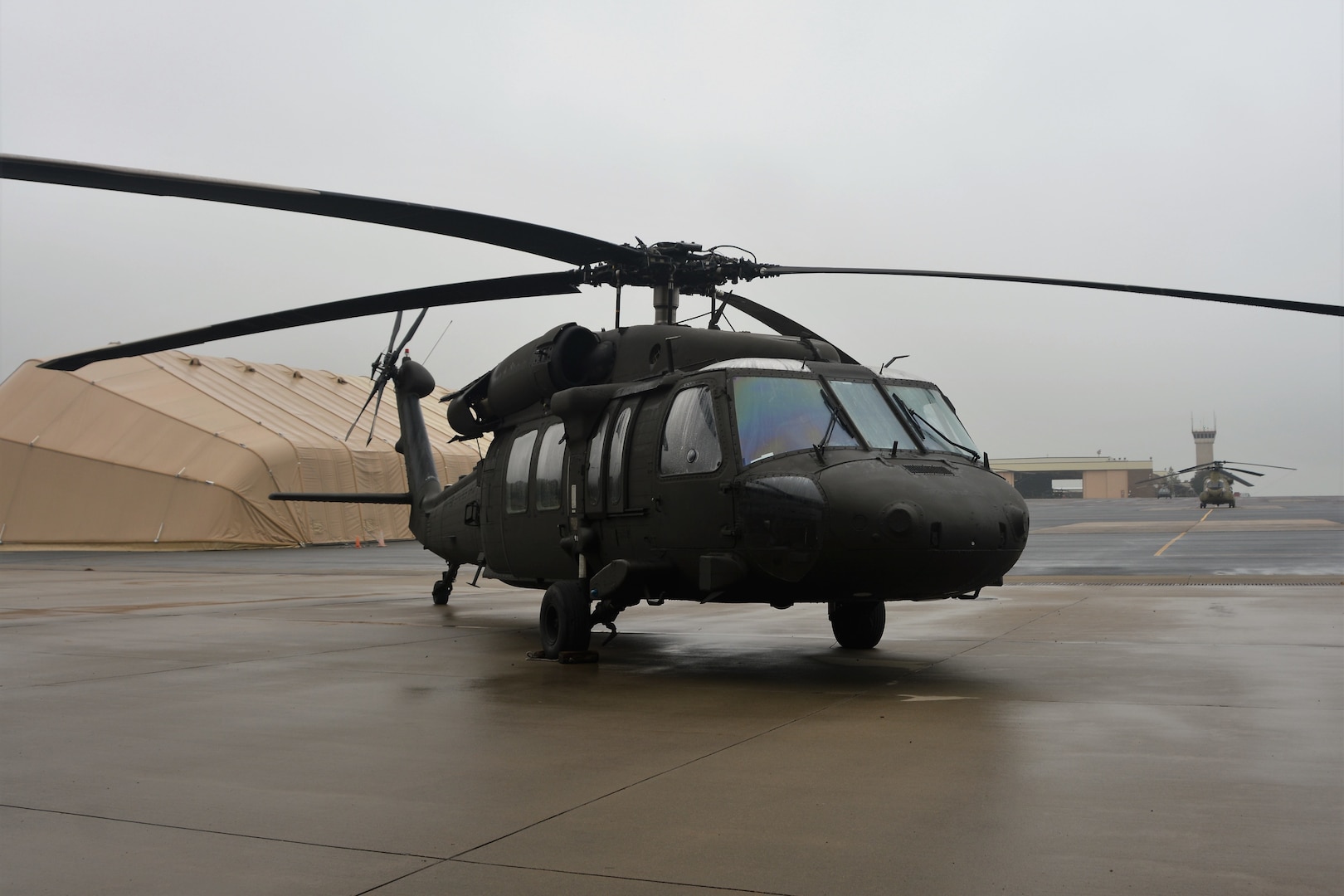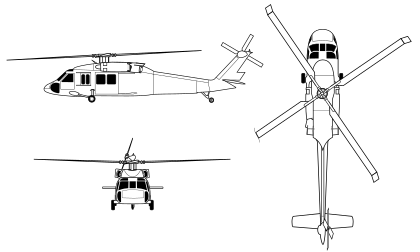Upkeep and Upkeep for UH 60 Helicopters
Upkeep and Upkeep for UH 60 Helicopters
Blog Article
The Impact of Lasting Practices on the Future of Airplane Workflow and Emissions Reduction
As the air travel industry faces increasing scrutiny over its environmental effect, the adoption of lasting methods becomes a critical pathway towards future airplane operations and discharges reduction. Innovations in sustainable aviation fuels and developments in crossbreed propulsion modern technologies stand at the center of this improvement, promising considerable reductions in greenhouse gas emissions. Nevertheless, the effective integration of these initiatives rests on a variety of aspects, consisting of governing structures and industry collaboration. The concern continues to be: how will these evolving practices improve the dynamics of air travel and contribute to an extra sustainable future?

Review of Lasting Practices
Lasting techniques in aircraft procedures include a range of strategies targeted at reducing environmental effect while preserving operational performance. These methods are necessary in the aviation industry's commitment to lessening its carbon impact and sticking to international environmental standards. Key efforts include enhancing flight courses to reduce gas intake, boosting maintenance methods to guarantee airplane operate at peak performance, and implementing advanced innovations such as winglets and light-weight materials that boost aerodynamics.

Engaging and training staff on sustainability techniques also play a crucial role, fostering a society of ecological obligation within organizations. Generally, the assimilation of these sustainable methods not just assists reduce emissions but additionally improves the long-lasting feasibility of the air travel field, guaranteeing it fulfills the needs of both customers and governing bodies while adding to global sustainability goals.
Ingenious Gas Alternatives
Many innovative gas choices are arising as essential solutions to decrease the aviation industry's dependence on standard fossil gas. Among these options, Sustainable Aviation Gas (SAFs) have gotten substantial interest as a result of their possible to decrease lifecycle greenhouse gas discharges by as much as 80% contrasted to traditional jet gas. SAFs are acquired from various feedstocks, including waste oils, agricultural residues, and even algae, making them a versatile alternative for the sector.
An additional promising choice is hydrogen fuel, which, when used in fuel cells, creates just water vapor as a by-product. This zero-emission possible presents a significant chance for decarbonizing flight operations, especially for short-haul flights and regional airplane. Additionally, electrical propulsion systems are being explored, leveraging battery technology to power aircraft. While current battery ability limitations variety and haul, continuous improvements may soon provide electrical trips sensible for certain applications - uh 60.
Last but not least, biofuels derived from biomass are being investigated, using a sustainable choice that can be blended with typical gas. Jointly, these cutting-edge fuel alternatives represent a crucial action toward attaining a sustainable air travel environment, straightening with international exhausts decrease targets and enhancing the sector's environmental stewardship.
Technical Improvements in Air Travel

How can technological innovations reshape the future of aviation? Developments such as hybrid and electrical propulsion systems are at the leading edge, appealing considerable reductions in fuel consumption and greenhouse gas discharges.
Additionally, the application of sophisticated products, such as lightweight compounds, adds to enhanced aerodynamics and gas effectiveness. Making use of expert system and maker knowing in trip procedures maximizes route preparation and reduces fuel shed by making it possible for real-time modifications based on climate and web traffic conditions. Furthermore, the development of self-governing and from another location piloted aircraft systems stands to revolutionize freight and traveler transport, potentially boosting effectiveness while minimizing human error.
Moreover, lasting air travel innovations, including sophisticated air web traffic administration systems, can simplify procedures and lower congestion, bring about lower discharges during flight. These innovations collectively represent a standard change in air travel, promising a future where sustainability and functional performance are linked, consequently sustaining the industry's dedication to lowering its ecological effect.

Governing Framework and Conformity
In light of the growing emphasis on ecological stewardship within the air travel market, the regulatory structure controling aircraft procedures is advancing to promote sustainable methods. Regulatory bodies, such as the International Civil Aeronautics Company (ICAO) and different nationwide aeronautics authorities, are introducing strict guidelines focused on lowering emissions and improving functional effectiveness.
These policies usually include the fostering of Lasting Air travel Fuel (SAF), which has been recognized as a key element in attaining lower carbon impacts. Compliance with these policies calls for airline companies to carry out operational practices and advanced innovations, such as maximized flight courses and boosted air web traffic administration, to decrease fuel consumption.
Additionally, the enforcement of emissions trading systems and carbon offsetting efforts is coming to be increasingly common, compelling airlines to keep track of and report their discharges properly. Non-compliance can cause considerable fines, hence pressing drivers to prioritize sustainability in their service models.
Eventually, the advancing regulative landscape not only drives more helpful hints development and investment in eco-friendly modern technologies but additionally cultivates a society of responsibility within the air travel market. As these frameworks remain to create, the emphasis on lasting methods will be indispensable to attaining the market's lasting ecological objectives.
Future Fads in Airplane Operations
As the aviation industry adapts to an increasingly rigorous regulatory atmosphere, future trends in aircraft operations are readied to concentrate on cutting-edge solutions that even more enhance sustainability and performance - uh 60. Trick developments will likely include the fostering of advanced air web traffic management systems, which use real-time information and artificial intelligence to enhance flight courses, minimizing gas intake and emissions
Another considerable fad is the raised integration of sustainable air travel fuels (SAFs) These options to conventional jet gas, stemmed from sustainable resources, can dramatically lower lifecycle greenhouse gas emissions. The industry's dedication to SAFs will likely increase as airlines collaborate with gas manufacturers to make certain schedule and cost-effectiveness.
In addition, the push in the direction of electrification and hybrid propulsion systems is getting momentum. Arising airplane layouts will integrate these modern technologies, providing quieter and a lot more effective operations, especially for short-haul flights.
Conclusion
The fostering of lasting aviation fuels, combined with advancements in electrical and hybrid propulsion systems, is necessary for reducing lifecycle greenhouse gas exhausts. Optimizing trip paths and accepting cutting-edge innovations add read review to a quieter and much more eco pleasant aviation sector.
Advancements in sustainable aviation fuels and improvements in hybrid propulsion innovations stand at the leading edge of this makeover, appealing considerable decreases in greenhouse gas emissions.Numerous innovative gas choices are emerging as essential remedies to decrease the air travel sector's dependence on standard fossil fuels - uh 60. Among these choices, Lasting Air travel Gas (SAFs) have actually acquired considerable focus due to their possible to decrease lifecycle greenhouse gas emissions by up to 80% compared to standard jet fuels.One more substantial fad is the boosted combination of sustainable air travel fuels (SAFs) The fostering of page lasting aviation fuels, combined with improvements in electrical and hybrid propulsion systems, is vital for decreasing lifecycle greenhouse gas exhausts
Report this page